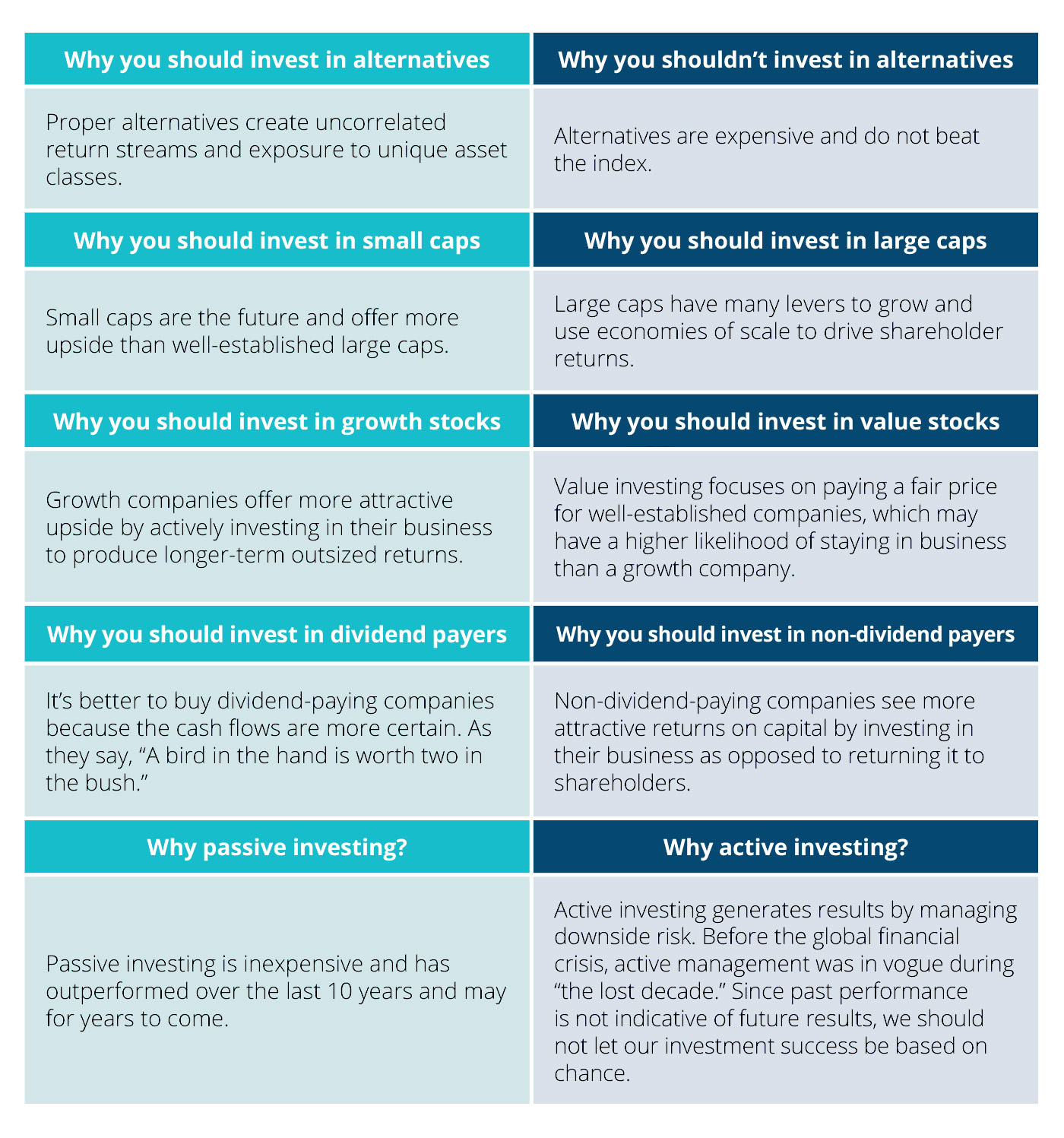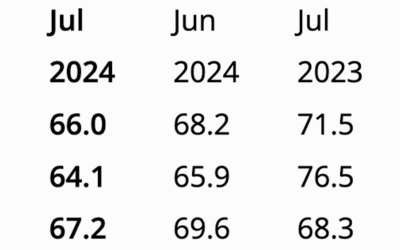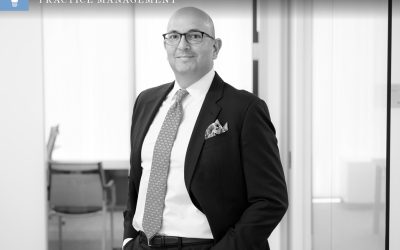Lessons from the banking sector ‘noise’: Why it pays to be open-minded
Lessons from the banking sector ‘noise’: Why it pays to be open-minded

As fiduciaries, investment professionals should espouse the benefits of various approaches to generate recommendations—and educate clients on the merits of a portfolio that is diversified not just by asset class but also by investing style.
In the midst of the banking sector “crisis” earlier this year, I received a text message from an old colleague. It said, “Twitter should treat ‘economic commentary’ like hate speech.”
What prompted that message was the media frenzy surrounding the spectacular failure of Silicon Valley Bank (SVB). I’m not going to add to that commentary here. A simple Google search will give you plenty of opinions on the causes, effects, and endless theories on what could have been done to prevent it or what should be done to minimize any additional fallout.
What I find fascinating about the whole thing was the rhetoric being used in face-to-face conversation and on social media, and how steadfast people are in their opinions. Anyone with a Twitter account and an opinion believes they’re entirely correct.
This isn’t just true of the circumstances surrounding SVB—it applies to anything related to investing. And when it comes to investing, pretty much everything is an opinion.
The advantages of considering all sides
My colleague’s text, while sarcastic, has a ring of truth. It made me think about the popular debates in financial circles, where some defend their views with lots of emotion and sometimes blind tenacity:
- To invest in alternatives or not
- Small caps versus large caps
- Growth versus value
- Dividend payers versus non-dividend payers
- Passive versus active
In 2019, I earned the Chartered Financial Analyst (CFA) designation. While studying for the CFA Level III exam, candidates are asked to create hypothetical investment policy statements (IPSs) for different types of investors, such as individuals, pensions, and foundations. The purpose of the IPS is to outline the investor’s needs (e.g., return and risk objectives) along with different constraints (e.g., tax and legal factors).
The IPS is designed to help investment professionals identify and recommend an appropriate investment mix for the client. Investment professionals are hired to serve. Serving means putting aside preconceived notions of what an investor should do, being open to the nearly unlimited mix of investment possibilities, and guiding clients to the allocation that best meets their needs—based on the IPS.
The joke “economic commentary should be treated like hate speech” is extreme but illustrates how not only the people we serve can become entrenched in ideas that may negatively impact their goals, but how investment professionals can become irrationally fixated on just one approach to investing.
As fiduciaries, investment professionals should espouse the benefits of various approaches to generate recommendations—and educate on the merits of a portfolio that is diversified not just by asset class but also by investing style.
They should be looking at things from all angles. For example, consider those investment debate topics listed above. Being open to all possibilities can give investment professionals more tools to help their investor clients progress toward their financial goals. Settling irrevocably on one side is unnecessarily limiting.

By dropping preconceived notions and entrenched beliefs, the fiduciary focus of investment professionals can be on constructing robust, data-driven portfolios for clients that involve different perspectives and investment styles.
Accessing many of these investment styles doesn’t need to be difficult. A lot of them can be offered through a single turnkey asset management program, or TAMP. You can read more about the benefits of working with a TAMP in a recent article in this publication.
Tuning out the noise of click-bait articles, “economic hate speech” on Twitter, and talking heads that sell whatever is hot at the moment is a great way to focus on improving client outcomes, but it is not easy. The full-service, consultative approach offered by many TAMPs can ease the burden of ensuring a portfolio incorporates different investment styles, perspectives, and asset classes in a thoughtful and diversified manner.
The opinions expressed in this article are those of the author and the sources cited and do not necessarily represent the views of Proactive Advisor Magazine. This material is presented for educational purposes only.
RECENT POSTS









